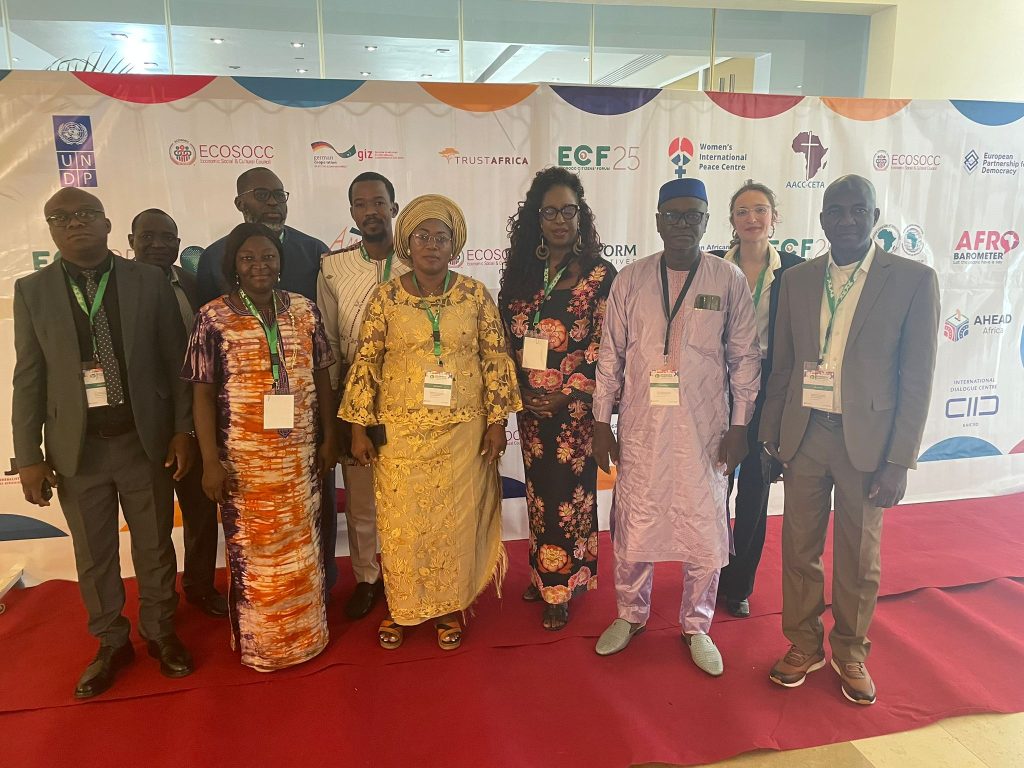Khadijah Aliyu Nigeria
Malabo, Equatorial Guinea – Following the historic adoption of the African Union Convention on the Elimination of Violence Against Women and Girls, a leading rights organisation is urging African governments to translate this milestone into concrete action.
Alliance Rights and Health, a regional civil society group, has welcomed the convention’s adoption but warned that without immediate and sustained efforts, the agreement risks remaining a symbolic achievement with little real-world impact.
“Every day of delay exposes more women and girls to unacceptable violence. The time for promises is over; the time for action is now,”
The new AU convention, adopted during a high-level summit in Malabo, commits member states to eliminate all forms of gender-based violence (GBV). Still, its implementation will depend heavily on national efforts.
SPESSE Workshop Equips Nigerian Officials to Address GBV
Alliance Rights and Health is urging the six AU member states involved to develop and roll out budgeted, inclusive, and effective national action plans that address all aspects of GBV including prevention, protection, access to justice, and socio-economic reintegration for survivors.
The organisation emphasised that successful implementation will require collaboration across sectors and strong political leadership, backed by dedicated funding and legal reforms.
In its statement, the organisation outlined three strategic actions it believes are essential for meaningful progress:
Governments must harmonise national laws with regional and international human rights standards, criminalise all forms of GBV, and make justice more accessible to survivors.
Increasing GBV Funding: Countries should allocate multi-year budgets, engage private sector support through corporate social responsibility (CSR), and establish dedicated, transparent funds to support GBV prevention and survivor services.
Enhancing Coordination and Data Sharing: Alliance Rights and Health called for improved cooperation among stakeholders, digitised data systems, expanded survivor support centres, and better training for frontline workers.
The group is calling on governments, civil society organisations, feminist movements, donors, and the private sector to join forces and ensure the convention leads to lasting change.
“This is a critical opportunity to build a West Africa where every woman and girl can live free from fear, violence, and discrimination,” the statement concluded.
BUK CGS Committed to Advancing Gender Initiatives-Director
The Convention is expected to be ratified by national parliaments in the coming months. Advocates say the real test will be not in words — but in action.




